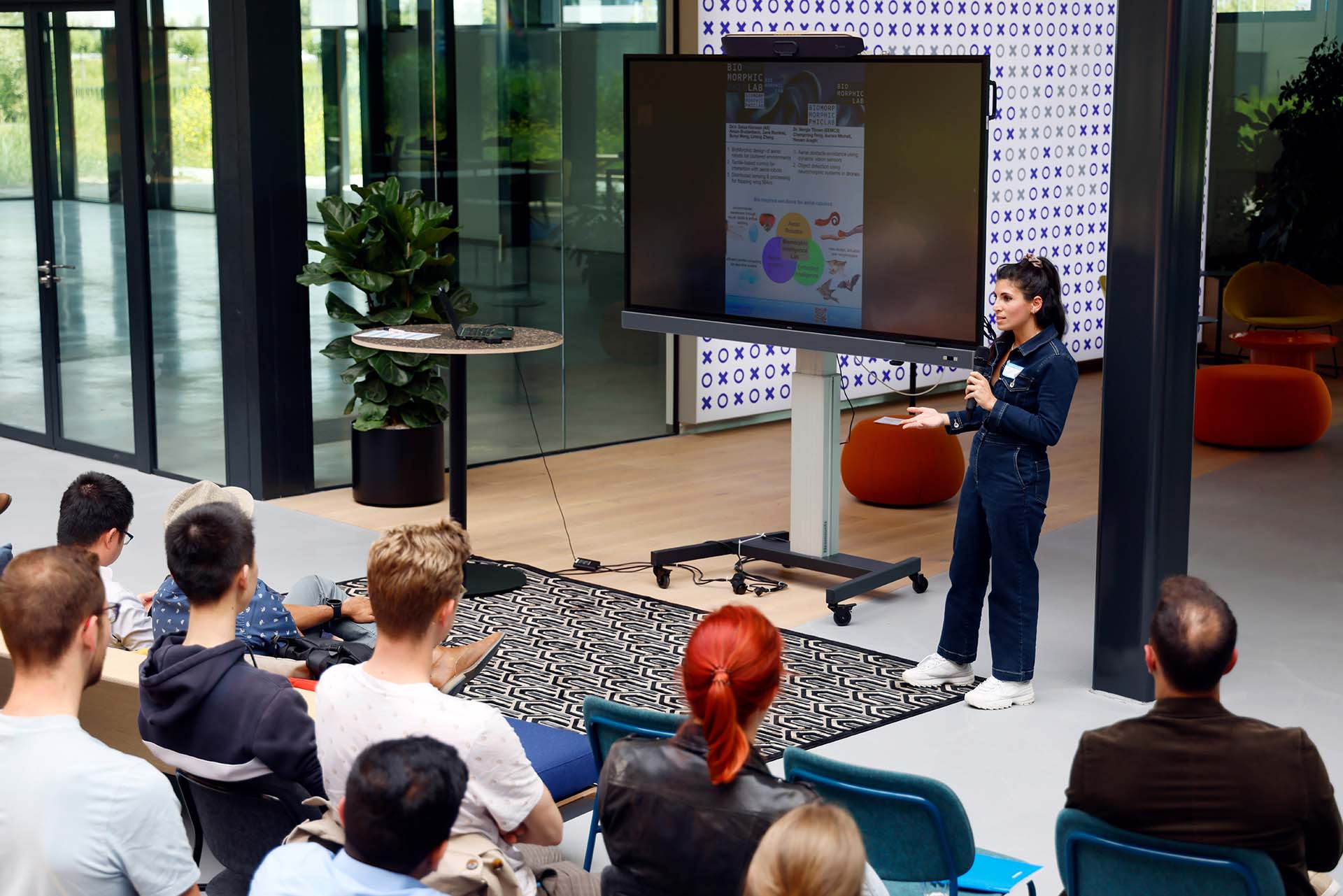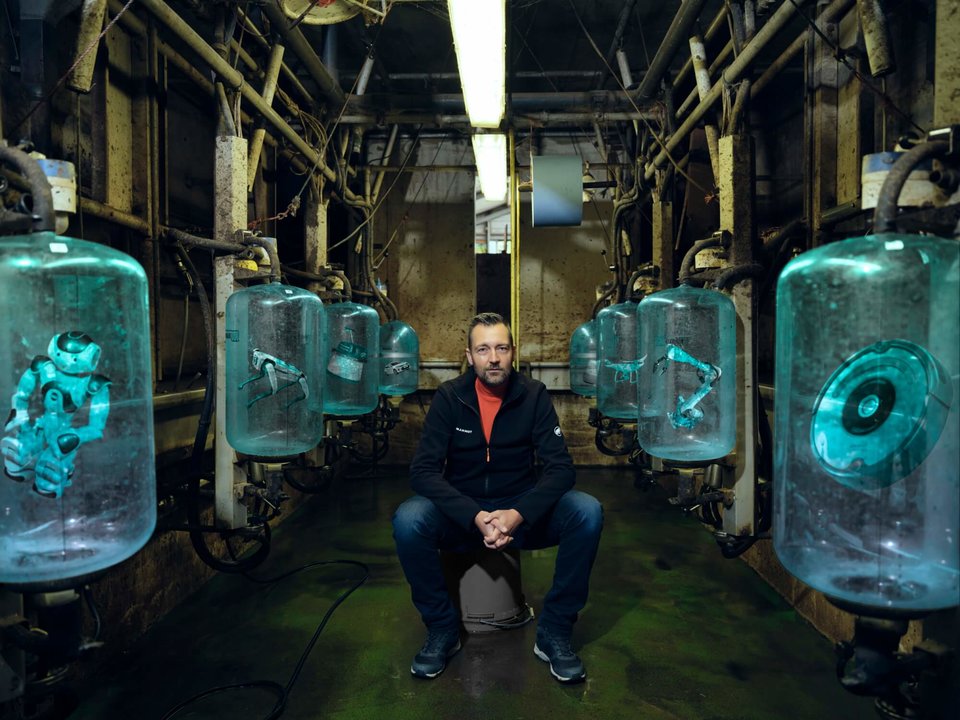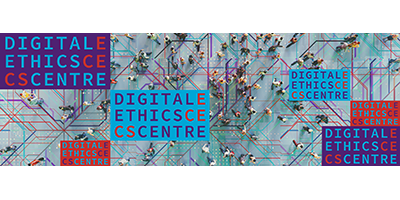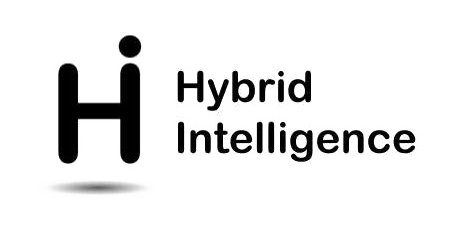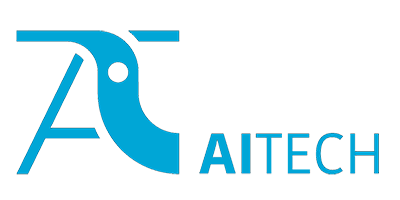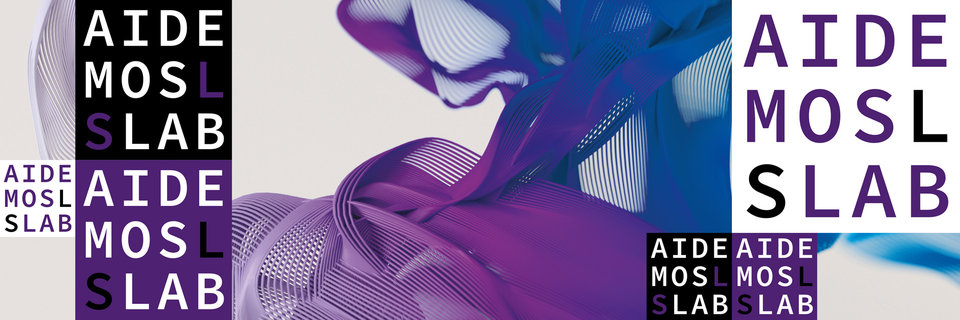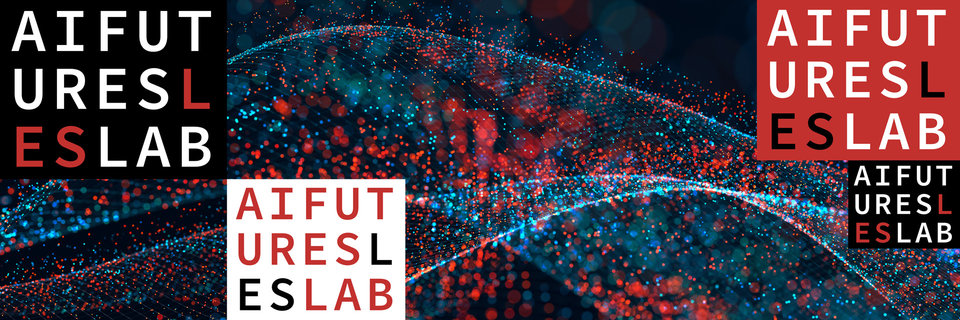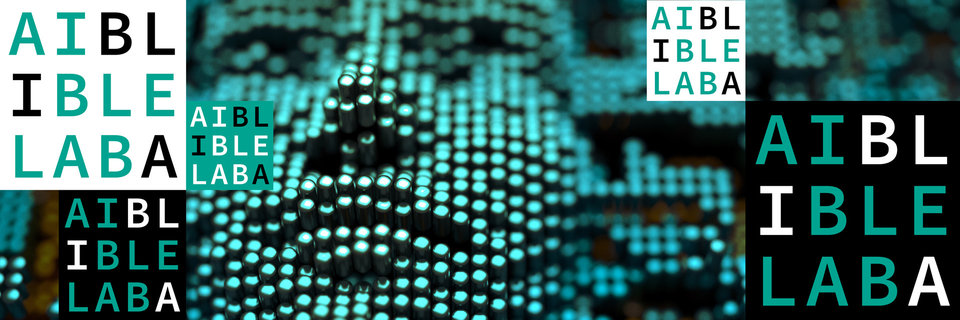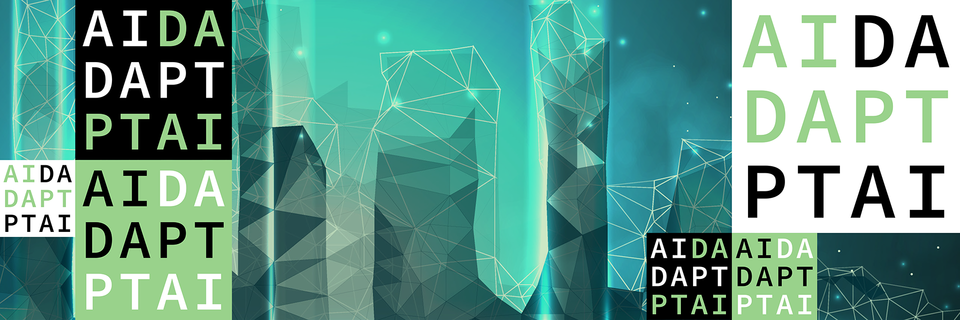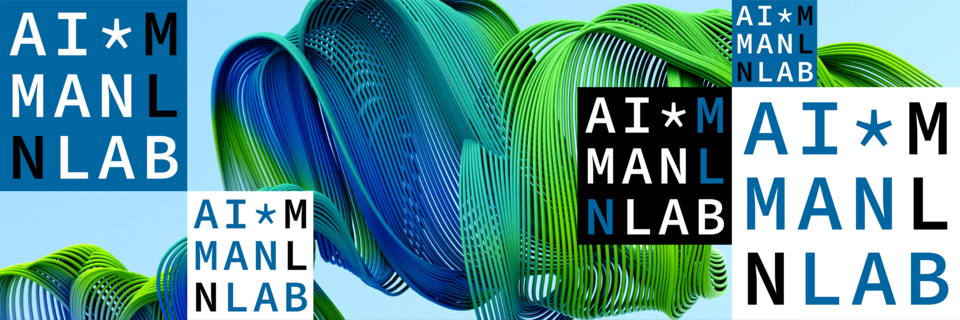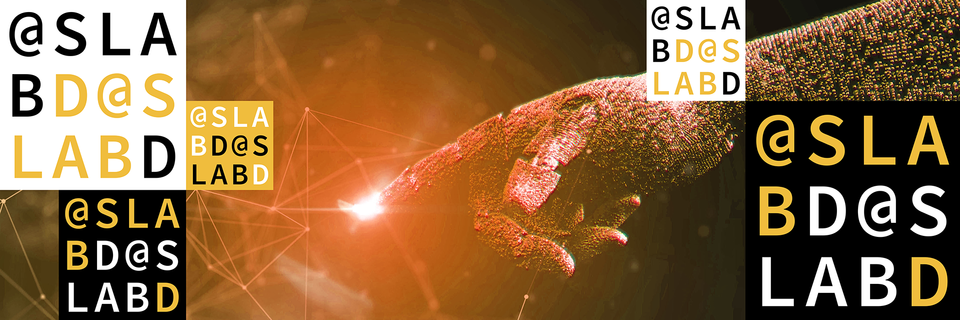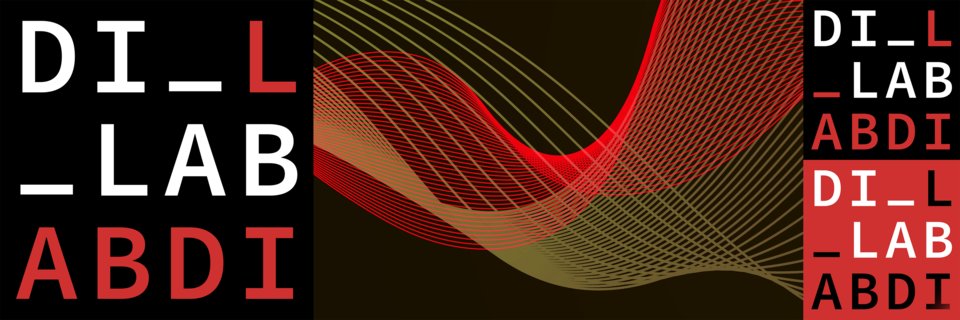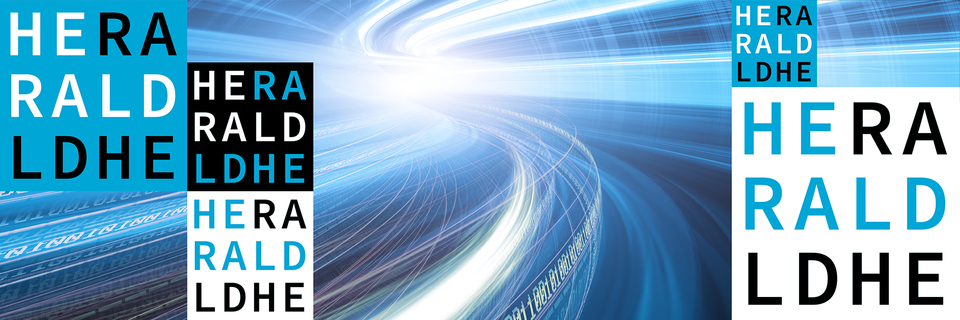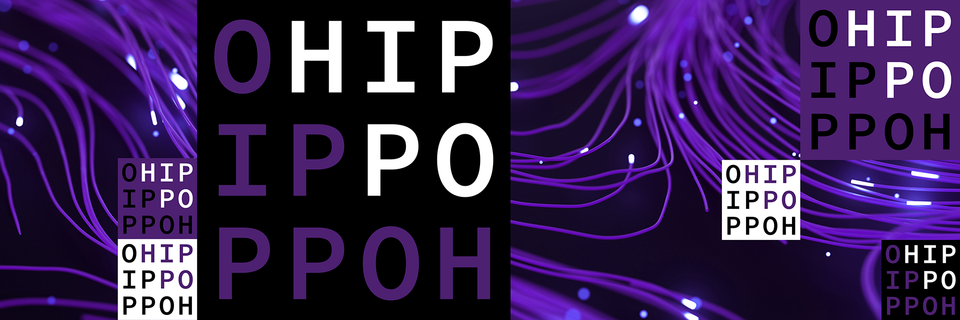AI, data and digitalisation are increasingly essential to solving big societal issues. At TU Delft, we do not only want AI and data driven systems to make human activities more efficient and sustainable, but these systems should be designed in such a way that they also make them fairer, more democratic and even lead to a greater human wellbeing.
Focus on humans and engineering together
When designing and engineering technological solutions to contemporary challenges, we should not lose sight of the human being. AI and data driven systems should contribute to greater safety, freedom and fairness, and therefore to greater physical and psychological wellbeing of all people. Humans are also the focus in terms of how they engage with the technology. For example, we ask ourselves: What are specific human versus technological strengths? And how can humans and technology optimally cooperate?
To empower people
To properly serve and engage humans, systems need to be properly designed and engineered. In the context of AI and data driven systems, this covers aspects related to algorithms, to data, and to whole systems and their interfaces. We strive for systems designed in such a way that the people using it, really understand the systems. And the systems observe, interpret and understand, at least to some degree, human behaviour.
The way we work
For many years already, researchers at TU Delft have been developing the scientific, technological and methodological capabilities that are needed to realise this vision of a truly human-centered approach to AI systems. We consider human-centric AI to be inherently transdisciplinary, as it brings together science and practice in computer science, design, systems engineering, human-machine interaction, psychology, ethics and philosophy, organisation, and an entire range of application-specific disciplines.
TU Delft Digital Ethics Centre
Together with government agencies and companies, the TU Delft Digital Ethics Centre bridges the gap between abstract ethical discussions on these values and concrete digital innovations. The Digital Ethics Centre is led by Jeroen van den Hoven, professor of Ethics and Technology and Catholijn Jonker, professor of Interactive Intelligence.
Human Language Technologies
Human language is an important medium of interactions between people and AI, and a primary source of the data that AI interprets. The TU Delft community around human language technologies (HLT) is led by Jie Yang, Assistant Professor at the Web Information Systems group, aiming to advance the design, development, governance, and use of the next generation of HLT.
Read more on Human Language Technologies
Human-Centered AI Systems
The research community around Human-Centered AI Systems, also based on the TU Delft AI Labs that deal with human-centered AI is led by Alessandro Bozon, professor Human Centered AI. This community is concerned with research and teaching about understanding, design, and engineering of AI behaviour.
Lees meer over Human-Centered AI Systems

